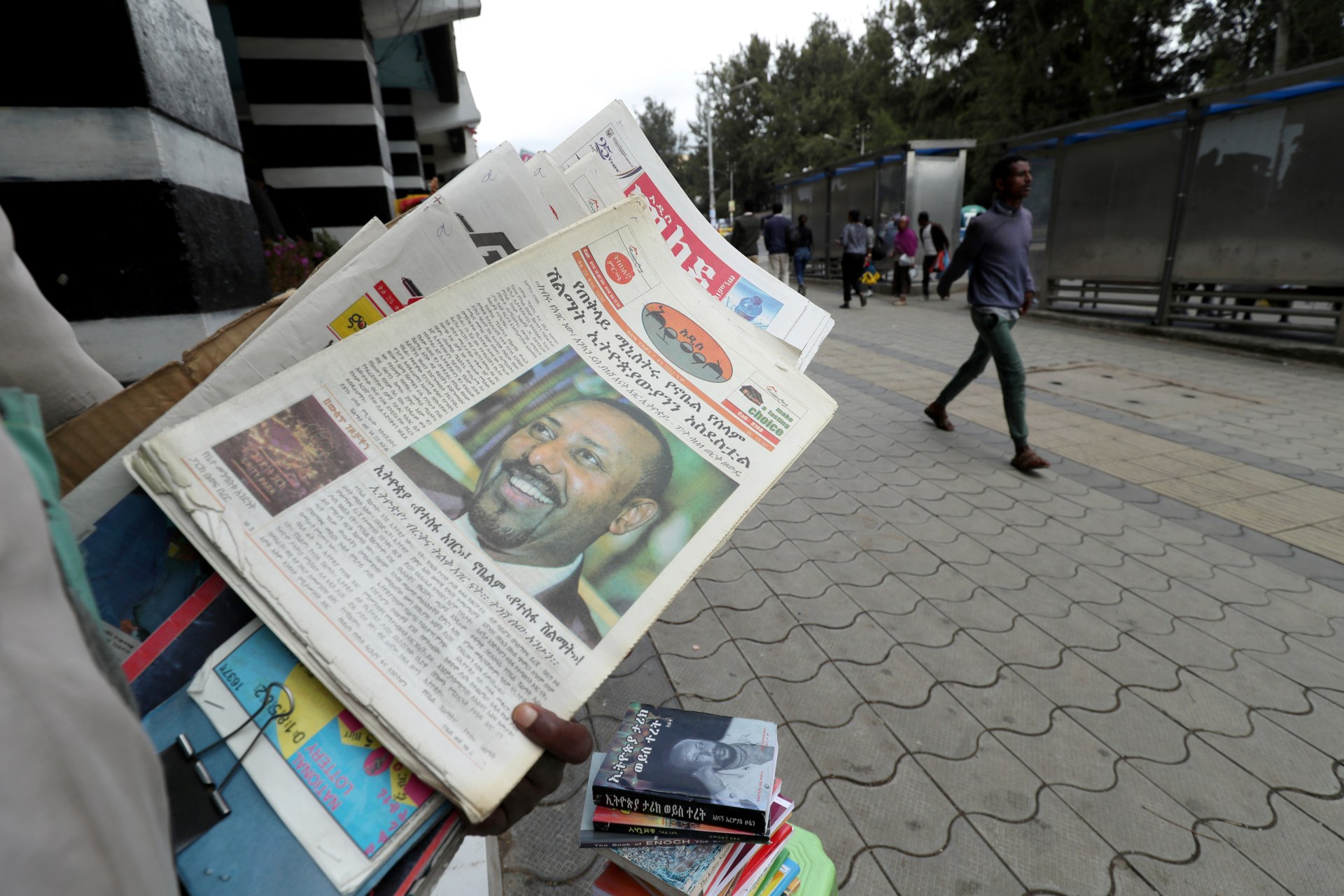Abiy’s Agenda and the Future of Ethiopia

By experts and staff
- Published
Experts
![]() By Michelle GavinRalph Bunche Senior Fellow for Africa Policy Studies
By Michelle GavinRalph Bunche Senior Fellow for Africa Policy Studies
Prime Minister Abiy Ahmed’s ambitious reform plans for Ethiopia will be tested in the year ahead. Since taking the helm of government in April 2018, Abiy has been a whirlwind of activity, opening up political space and economic possibilities in his country. But Ethiopia’s complexity, and the way the lessons of its history have been framed, present real challenges to Abiy’s audacious overhaul and his stated goals of bringing more unity to the state, more dynamism and opportunity to its economy, and more justice to its people.
Abiy has stressed the importance of unity to Ethiopian politics. His new Prosperity Party represents a fundamental change from the ethnic federalist model that has dictated how politics have been organized in recent decades and has been regularly presented as the solution to the restiveness that plagued the country in earlier eras. In practice, this change not only threatens the interests of those who benefited from the old system; it changes the nature of the Ethiopian national project. In turbulent times it may well be a tougher sell than ethno-nationalism, which can be stoked at will by the prime minister’s opponents.
Delivering on his economic promises will be critical to maintaining support, but this too is not an easy task. Opening up to more foreign investment and more competition makes sense, but it comes with risks and painful transitions. It may not be possible to maintain growth at the projected, optimistic levels in the year ahead, and while international support is on the table, it will take even more significant and clearheaded support from abroad to ease the way toward sustainable prosperity.
Finally there is the issue of security. For now, dismantling the machinery of repression has meant weakening the state’s ability to maintain order. While the internal displacement crisis of 2019 has abated in large measure, the perils of disorder loom over plans for some 50 million Ethiopians to cast their ballots in May’s general elections. Abiy is encouraging Ethiopians to revise their idea of what the state represents, but he has to ensure that providing security is a bedrock, dependable element of his work in progress.
